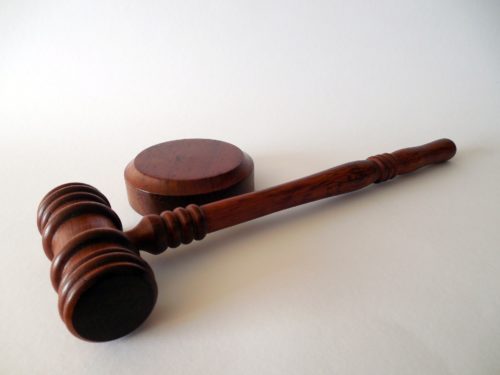
There are many reasons why a beneficiary might need to contest a will. It is important that when contesting a will, you have a skilled California estate planning attorney on your side to ensure that you are correctly navigating through the process. Contact us today to discuss the specifics of your case with our empathetic legal team.
Why should I contest a will?
A beneficiary may contest a will for a number of reasons. For instance, if he or she believes there is an issue with the validity of the will, they did not get a fair share, etc. A will can be contested by the executor of the will, any heirs, spouses, creditors, or anyone else with a property right or claim against the estate. Some of the most common reasons a will is found invalid include the following:
- If the will was not executed properly
- If fraud or forgery took place
- If it was created under the influence of another party
- If the deceased was not mentally competent when writing the will
What if the will is invalid?
If a court finds that a will invalid, it will likely be thrown out. In the event that there is no other will, the deceased individual’s assets will be passed on through the California succession plan.
How are disputes settled with an invalid will?
Our legal team understands that after the passing of a loved one, litigation is the last thing families will want to face. Litigation can be a long, difficult, and emotional process. When disputes occur, mediation is usually the best option. It is in your best interest to reach out to our firm today to speak with a skilled estate planning attorney so that you and your family can get these issues resolved as soon as possible.
What makes a will valid?
A valid will must include several distinct factors. A valid will meet the following guidelines:
- The testator must either sign the will themselves or another person must sign the testator’s name at their direction and in their presence
- At least two people must witness the signature and sign their names on the will within 30 days of each other
- The testator must be at least 18 years old and of “sound mind and memory”
- At some point during the will’s execution and attestation, the testator must tell each witness that the document is their will
If you have any questions or concerns regarding contesting a will and how to resolve the process, do not hesitate to reach out to our firm today to speak with our dedicated legal team.
Contact our Firm
Working with an experienced estate planning attorney, such as Jaci Feldman of the Woodland Hills, California, Law Offices of Yacoba Ann Feldman, will ensure that you are taken care of when you need it most. Do not delay. Estate planning is a more urgent matter than you may think. You never know what the future holds. Contact The Law Offices of Yacoba Ann Feldman to schedule a consultation today.